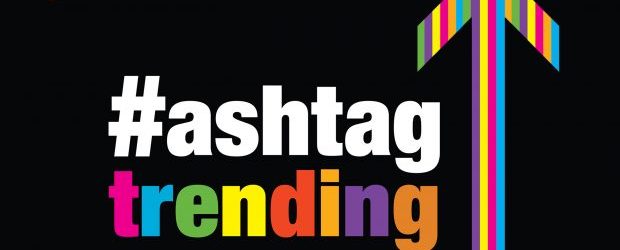Scientists unveil the world’s first 3D-printed rabbit-sized heart, a new study highlights Russia’s increasing efforts to hack global navigation satellite systems, and Samsung’s foldable phone is shown off for the first time.
A team of Tel Aviv University researchers printed the world’s first 3D vascularized, engineered heart and is trending across Twitter. The rabbit-sized heart, made using a patient’s own cells, is leaps and bounds over previous attempts to recreate the organ since it includes biological material. And while it’s going to take several years before human hearts can be produced using the same technology, the breakthrough is significant. Heart transplants are essentially the only treatment available to patients with late-stage heart failure, and people often die while waiting for a suitable organ. Heart disease is the leading cause of death in the United States and the second leading cause in Canada behind cancer.
A recent study by the Centre for Advanced Defense says Russians are hacking global navigation satellite systems (GNSS) on a massive scale, confusing thousands of ships and airplanes. The think tank’s study indicated what many had already suspected – shipping, airlines, power stations, your phone, and anything else relying on GPS time and location synchronization are vulnerable to GNSS hacking. But perhaps what’s more disturbing, which a lot of Reddit users are pointing out, is how cheap the jamming equipment is. For only $300, GNSS jamming equipment can be purchased easily online, and as the report points out, has been used by Pokemon Go players to try and confuse the apps ability to pinpoint their location and therefore catch the rarer pocket monsters. Overall, the Centre for Advanced Defense’s study says more than 1,300 civilian ships have been affected by bad location data, and nearly 10,000 incidents of location jamming have been reported or detected since February 2016.
And lastly, Samsung’s own foldable phone got some hands-on time with reporters recently, and the early takeaways? Easily foldable, hard to afford. The $2,000 device has a large notch, a plastic interior screen, 12GB of RAM and a Snapdragon 855 processor. Most reports suggest that, when folded, the phone looks like a sandwich, and when opened all the way, the ability to use up to three apps at once was hard to resist. Handling the folded phone with one hand is easier if you have smaller fingers, and unfolding the device is a pretty smooth process, but it does require a little bit of oomph. The phone includes a 12-megapixel main camera and a 12-megapixel telephoto lens with a 16-megapixel ultra-wide angle, and several apps including WhatsApp, Spotify and a bevy of Google apps have been optimized to adapt to the folded design.
That’s all the tech news that’s trending right now. Hashtag Trending is a part of the ITWC Podcast network. Add us to your Alexa Flash Briefing or your Google Home daily briefing. I’m Alex Coop, thanks for listening.
